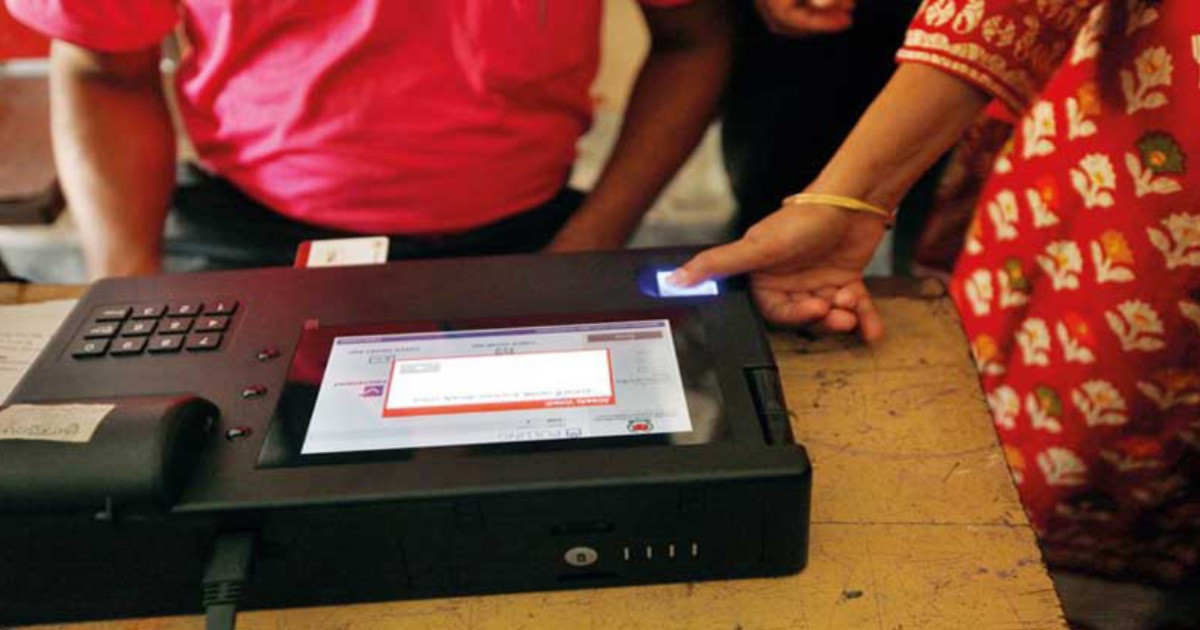
Photo: Courtesy
The Election Commission (EC) has found itself in a state of uncertainty regarding the Electronic Voting Machine (EVM) project due to a lack of allocated funds. Sources involved in the EVM project reveal that approximately 73% of the EVMs are currently out of order due to insufficient allocation and inadequate storage capacity.
Ashok Kumar Debnath, additional secretary of the EC, told the Daily Sun that the tenure of the EVM project will conclude on 30 June of this year. “The Planning Commission has opted not to extend the tenure of certain projects, including the EVM project,” he said.
Consequently, the EC is preparing to send a letter to the cabinet division to seek a decision regarding the future of the project.
Debnath further said that without a new budget allocation for the utilisation of EVM technology, continuing the project beyond June, following the upazila parishad elections, will be unfeasible.
He further said that the commission will make further determinations after receiving the government’s opinion.
The EC procured 1,50,000 EVMs in phases since 2018, each costing Tk2.35 lakh, which is nearly 11 times more
expensive than those purchased in India for similar machines.
Under the leadership of the then KM Nurul Huda commission, these EVMs were acquired before the 11th national elections in 2018, through a project worth Tk3,825 crore.
Initially, EVMs were deployed in six constituencies for the national elections, while the remainder were allocated for local elections, including by-elections across various constituencies. Some machines are currently stored in the warehouse of the Bangladesh Machine Tools Factory.
Presently, over 1 lakh out of the 150,000 EVMs are rendered unusable, according to project sources. Unfortunately, there is no allocated budget for the repair of these machines.
Among the usable ones, more than 40,000 are currently in operation, facilitating city corporation and local government elections. However, many of the unusable EVMs suffer from issues such as broken buttons, displays, and cable problems.
The lack of repair and maintenance has left these machines in a state of disrepair. Rectifying these minor issues could potentially reactivate 50,000 to 60,000 EVMs.
Earlier, former election commissioner Md Alamgir said that the current EVM project is nearing its conclusion. “If the government does not allocate new funds by next June, this project will have to be terminated. Subsequently, the existing EVMs will either become permanently non-functional or will be disposed of according to government regulations.”
Alamgir further added, “The commission will seek clarification from the government regarding the future use of EVMs in elections following the upazila polls. Maintaining and utilising EVMs in future elections will incur additional costs. However, at present, the existing working EVMs are adequate for conducting upazila elections.”
In September 2022, the EC endorsed a project worth Tk87 billion to procure 200,000 EVMs, each priced at approximately Tk3,00,000, in preparation for the 12th national election. Additionally, funds were allocated for maintenance, workforce development, and training.
Bangladesh spent Tk2,00,000 on each of the 150,000 EVMs purchased in 2018, enabling voting in 70-80 constituencies with these machines.
Nevertheless, an additional Tk100,000 was included in the budget for each EVM in the latest initiative to accommodate the increased dollar price, as many components of these machines would need to be sourced from abroad.
Due to global economic conditions and financial challenges, the government opted to suspend the new project to purchase 200,000 EVMs worth Tk87 billion on 23 January. The Planning Commission conveyed this decision to the EC, citing the economic situation as the reason for halting the acquisition of new EVMs.
Notably, approximately 1,500 elections, including the 12th national election, by-elections, and local government elections, have been conducted using EVMs.

